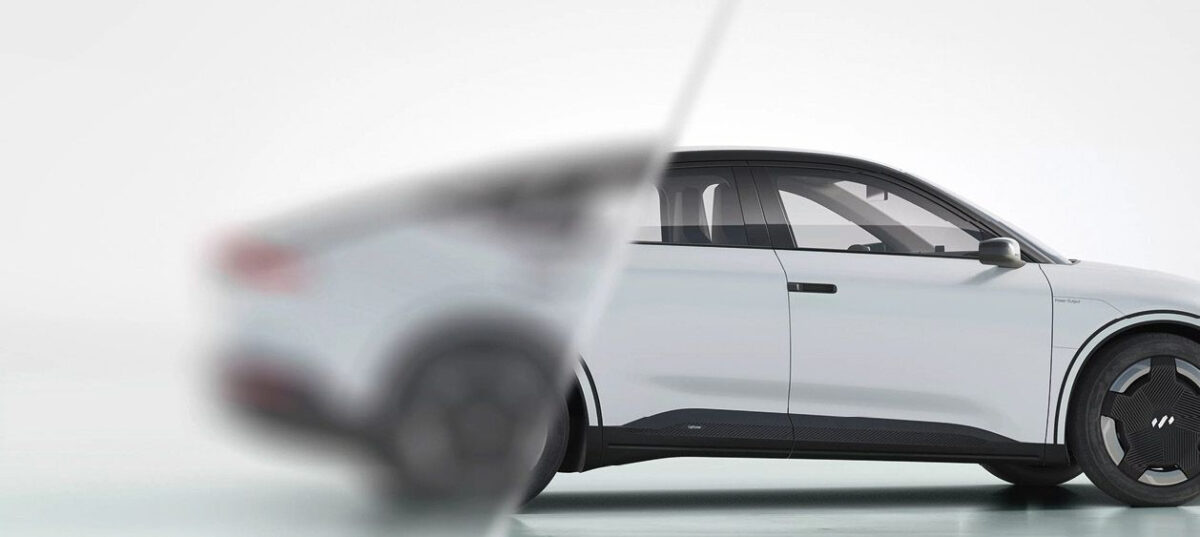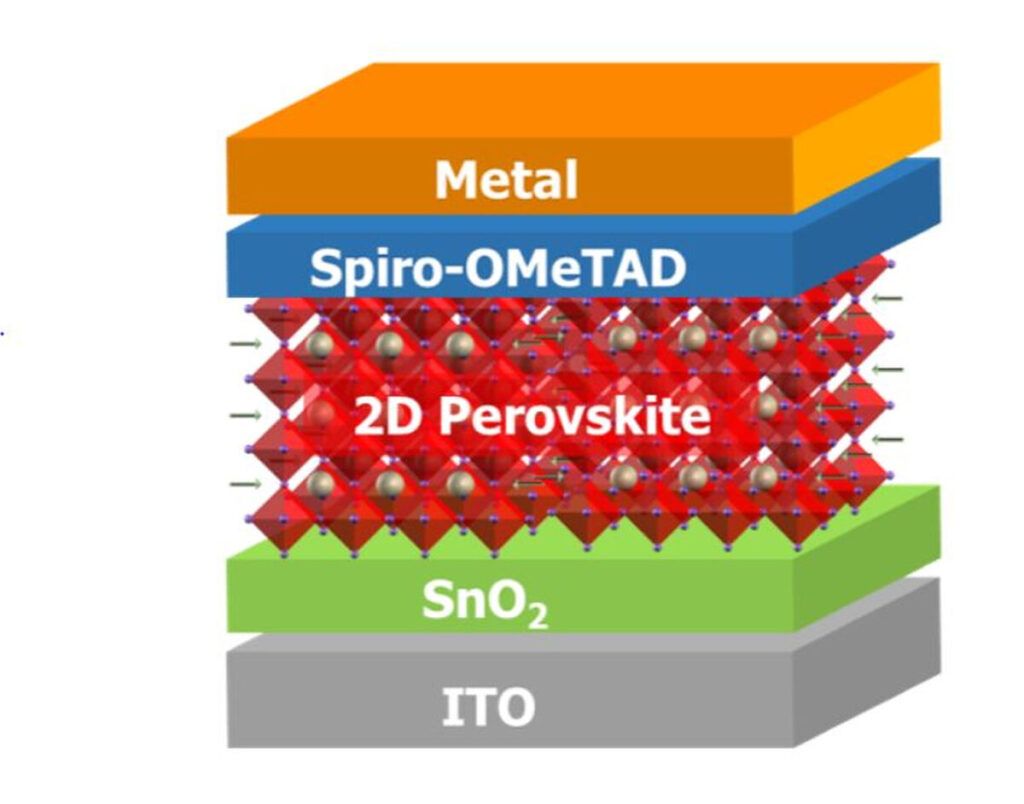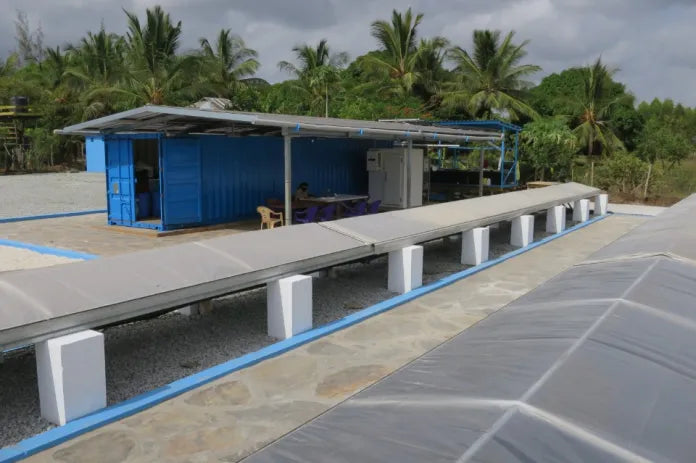https://www.pv-magazine-australia.com/2023/03/11/weekend-read-solar-cars-lightyears-away/
Solar cars, lightyears away?

Lightyear has abandoned its Lightyear 0 vehicle, which it planned to sell for $250,000. It will now focus on the development of its more affordable Lightyear 2 model.
Photo: Lightyear
From pv magazine ISSUE 03/23
Even just a few short months ago, vehicle-integrated photovoltaics (VIPV) seemed to be the key in the ignition for new EV startups. At the end of November 2022, Dutch company Lightyear had commenced production of its first VIPV car – the Lightyear 0 – in Finland, starting with one car per week and scaling upwards as part of a plan to make 942 cars costing USD 250,000 each ($378,000). Lightyear had announced a capital fundraising round worth €81 million ($130 million) a few months earlier to support production.
Solar EV specs
Lightyear 0: Price: USD 250,000; Battery range: 625 km; Solar contribution: up to 1.05 kWp; Status: no longer being made. Sion: Price: €29,900 ($48,175); Battery range: 260 km; Solar contribution: up to 1.21 kWp.
Meanwhile, Germany-based Sono Motors embarked on a seven-state tour of the US showing off its solar electric vehicle, the Sion, with more than 42,000 reservations and pre-orders booked, and manufacturing set to commence in the middle of 2023. How quickly things change. Within weeks, both companies announced drastic measures to bolster their attempts to build solar EVs.
Stumbling Sono
In December 2022, Sono Motors announced a surprise, second major crowdfunding effort, to proceed with production of the Sion solar car – a move dubbed #savesion. Joint CEOs Laurin Hahn and Jona Christians explained additional funding rounds from conventional investors had failed, leading to the crowdfunding campaign.
“We failed to raise enough money,” said Christians at the time. “We failed to explain to investors why the Sion is truly needed, and that there is a huge demand for it.”
The crowdfunding campaign aims to raise a capital requirement of €100 million to build the Sion, via funding from 3,500 pre-orders complete with upfront deposits for the car. At the time of writing, the company had passed €50 million, from 1,680 reservations, with nine days remaining.
Thomas Hausch, chief operating officer of Sono Motors, tells pv magazine that further investor talks are proceeding and the company is well placed – but half of the final total is insufficient. “Fifty million is not enough, as we’re targeting roughly 100 million,” said Hausch. “However the situation is not as dramatic as it looks, we do have a group of investors that are willing to invest. However, we’re looking for an investor to drive everything.”
Hausch could not comment on the prospect of further extensions to the fundraising campaign but pointed to several possibilities for the company’s ongoing success. “The good news is, last time, in 2019/20, it was basically a question of the existence of the company,” says the Sono executive. “Today, it is a question of the original reason for why we actually have such a successful business of solar, namely, our Sion. And, we definitely want to do everything we can to put the vehicle on the market.”
Hausch also referenced Sono Motors’ custom-made power electronics and experience with solar, offering the potential to work with other original equipment manufacturers ranging from passenger cars to buses, electric transporters, and refrigerated vehicles. The latter are key transport segments that are being targeted for various levels of solar integration.
“We’re following our mission, that we want to put solar on every vehicle,” says Hausch. He explains Sono already holds more than 20 contracts with third parties to install its solar technology on third-party vehicles. “The solar technology that we developed is definitely ready,” adds Hausch. “The first of our constructed MCUs – maximum power point tracker central units – have been in service since late 2021. We’ve transitioned towards being a solar tech company.”*
Lacklustre year
In January 2023, Lightyear said it would not produce a single Lightyear 0 and would instead focus on its Lightyear 2 model. Days later, operating company Atlas Technologies BV entered bankruptcy proceedings. Lightyear CEO Lex Hoefsloot said in a statement, “Unfortunately, we had to make this decision. The whole process of developing Lightyear 0 has provided our company many valuable learnings over the past years. We are now redirecting all our energy towards building Lightyear 2 in order to make it available to clients on schedule.”
The Lightyear 2 aims for a price of around USD 30,000 ($45,000), as a mass-produced model, with a goal of production in 2025. The latest legal documents show Dutch courts accepted a bankruptcy application for the division of Lightyear that handles production of the car, Atlas Technologies, appointing a trustee to oversee proceedings. The holding company that owns the car’s intellectual property, Atlas Technologies Holding B.V., is not affected. According to Lightyear statements, “the trustee will focus on the position of the employees and creditors as well as assessing how the Lightyear concept can be continued.”
In a statement to pv magazine, a company representative said further comments to clarify the status of the company and of the Lightyear 2 will not be possible. “As long as we do not have any clarity regarding the future of Lightyear we, unfortunately, cannot discuss or openly speculate about any outcome,” said the representative. “We are working on creating clarity and hope to have some more information available in the very near future.”
*On Feb. 24, Sono Motors announced the cancellation of its Sion production plan, including plans to lay-off 300 employees, with COO Hausch to step down. The company cited “depressed capital market conditions,” pv magazine reported. Sono said it will instead focus on fitting its solar technology on third-party vehicles and plans to launch a Solar Bus Kit in the second half of the year, to retrofit solar on public transport vehicles.
This content is protected by copyright and may not be reused. If you want to cooperate with us and would like to reuse some of our content, please contact: editors@pv-magazine.com.
<




